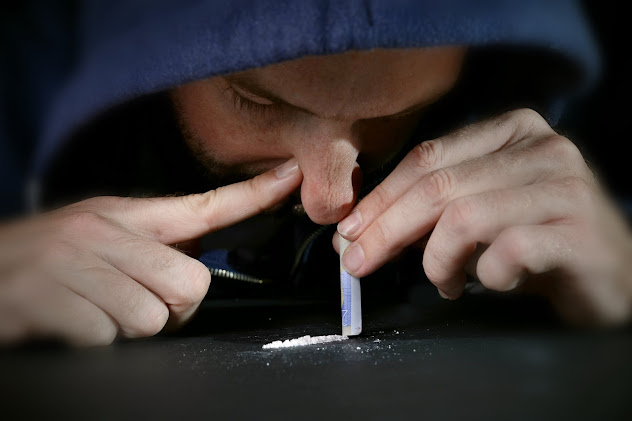How to Cure Benzos Addiction?
Suppose your doctor has a low clinical suspicion that you might have a challenging withdrawal. In that case, you may prescribe a tapering regimen and review your progress periodically on schedule at your doctor's office. Any continuing outpatient care or therapy for people who need less intense treatment can occur in an office. Ultimately your decision would rely on several considerations, including your personal preferences and desire to spend more time at home.
Benzos are sedatives that form a dependency, which means that they can become dependent on them if they are not correctly taken. Those that take the unnecessary prescription may tend to feel high and feel unhealthy. They will develop an immunity to the effects of the drug when trying to mimic the initial high. It may be confusing to identify the symptoms of someone who has problems with benzodiazepine abuse. There are, however, various signs that someone has benzos addiction.
1. Look for an accredited facility. Benzos addiction is better treated by finding assistance from an approved hospital. In this way, the severity of the addiction is determined by medical practitioners and psychiatric therapists and any underlying co-occurring conditions that have to be addressed. A good hospital may first diagnose a client to identify essential facts such as the duration of the medication and the doses taken to learn about his or her addiction. The detox phase starts after the rehabilitation team decides the magnitude of the dependency.
2. Participate in treatment programs. These recovery services are devoted to benzos addiction, offering greater flexibility than treatment programs. You should go any day or week for treatment assistance, depending on your conditions. As you tap benzene to provide methadone maintenance for drug withdrawal, both programs will help track your health. These programs are intensive and typically last 30–90 days longer than detox. They provide psychiatric care and intensive treatment, but many have a formal and controlled detox at the outset of the lengthy recovery program. These services include personal counseling, community therapy, peer groups, family therapy, and recovery progress past the withdrawal level.
3. Follow recovery plans. Keeping sober is as hard as becoming sober. Those reasons that first of all forced you to use drugs will come back home. Therefore, a strategy to deal with the causes and pressures of everyday life is necessary. Many people feel that it is enough to avoid relapse in private practice to see a consultant or psychiatrist regularly or biweekly. Others want to be in contact by supporting organizations with a sober culture. It is an innovative long-term approach since these meetings are free and easy. Internet and telephone meetings are also available if the time is right.
The toxic effects are part of Benzos
addictions. You may be abused chronically or taken deliberately or
inadvertently, which is usual in hospital emergency departments. Death and
severe disease are seldom triggered exclusively by misuse of benzodiazepine;
however, alcohol or other drugs are commonly used. Benzodiazepines and alcohol
can be hazardous and fatal in combination. That is why treatment and prevention
are crucial for the affected individuals.




Comments
Post a Comment